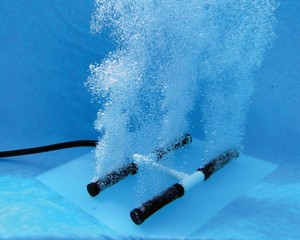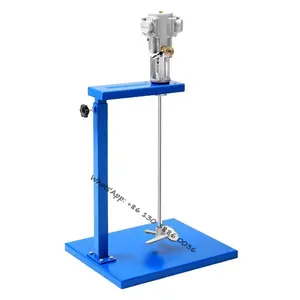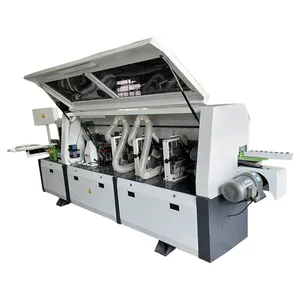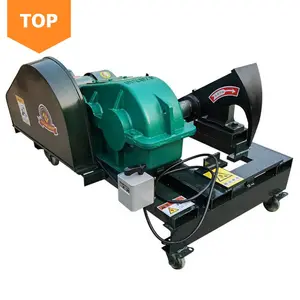Popular in your industry






















































































































































































































Top categories
About aero farm
An aero farm is a type of vertical farm that uses advanced technologies to cultivate crops in vertically stacked layers. This innovative farming method aims to optimize space utilization, enhance crop yields, and reduce environmental impact. By employing cutting-edge techniques like controlled environment agriculture (CEA), artificial lighting, and precise nutrient delivery systems, aero farms can create ideal growing conditions for a wide variety of plants. These farms often incorporate automation and data analytics to monitor and adjust growing parameters, ensuring optimal plant growth. The term "aero farm" is sometimes used interchangeably with "aeroponic farm," but their main difference lies in the cultivation method. While aeroponic farming involves growing plants in a mist or air environment without soil, aero farming generally refers to any vertical farming system employing advanced technologies.
Advantages of Aero Farms
One of the key advantages of Aerofarms is their ability to produce high yields in a limited space. By stacking growing layers vertically, aero farms can maximize the use of available land, making them suitable for urban environments or areas with land scarcity. This spatial efficiency also contributes to reduced transportation costs, as produce can be grown closer to the point of consumption. Additionally, aero farms offer greater control over growing conditions, allowing farmers to optimize factors such as light, temperature, and humidity. This precision farming approach not only enhances crop quality and consistency but also enables year-round cultivation, independent of external weather conditions. Aero farms can significantly reduce water usage compared to traditional farming methods. By leveraging techniques like aeroponics and hydroponics, these farms can deliver water and nutrients directly to plant roots, minimizing wastage and promoting efficient resource utilization. The controlled environment of aero farms also helps in pest and disease management. By eliminating the need for soil, a common vector for plant diseases, aero farms can reduce the risk of crop infections. Additionally, the controlled climate and hygienic conditions in these farms create a less hospitable environment for pests, decreasing the reliance on chemical pesticides and promoting sustainable agriculture.
Aero Gardens
An aero garden farm is a smaller-scale, home-based version of the aero farm concept. These compact indoor gardens are designed to allow individuals to grow herbs, vegetables, or small plants within the confines of their homes. Aero vertical farming has gained popularity among urban dwellers, gardening enthusiasts, and individuals seeking a fresh, home-grown produce supply. The Aerofarms vertical farming is compact, easy to use, and often incorporates built-in features like automated lighting, nutrient delivery systems, and climate control. Many aero gardens utilize hydroponic or aeroponic cultivation methods, further reducing the need for soil and simplifying the growing process. These home gardens provide a convenient solution for year-round herb and vegetable cultivation, offering a sustainable and rewarding approach to indoor gardening. The vertical farming Aerofarms avoids traditional soil-based farming, focusing on advanced technologies and space-efficient designs to cultivate crops. By growing plants in vertically stacked layers, aero farmers can maximize space utilization, enhance growing efficiency, and minimize environmental impact. The controlled environment of aero farms allows for precise management of factors like light, temperature, and humidity, supporting optimal plant growth. Additionally, aero farms can significantly reduce water usage, utilize fewer pesticides, and provide a sustainable solution to the challenges of modern agriculture.













































